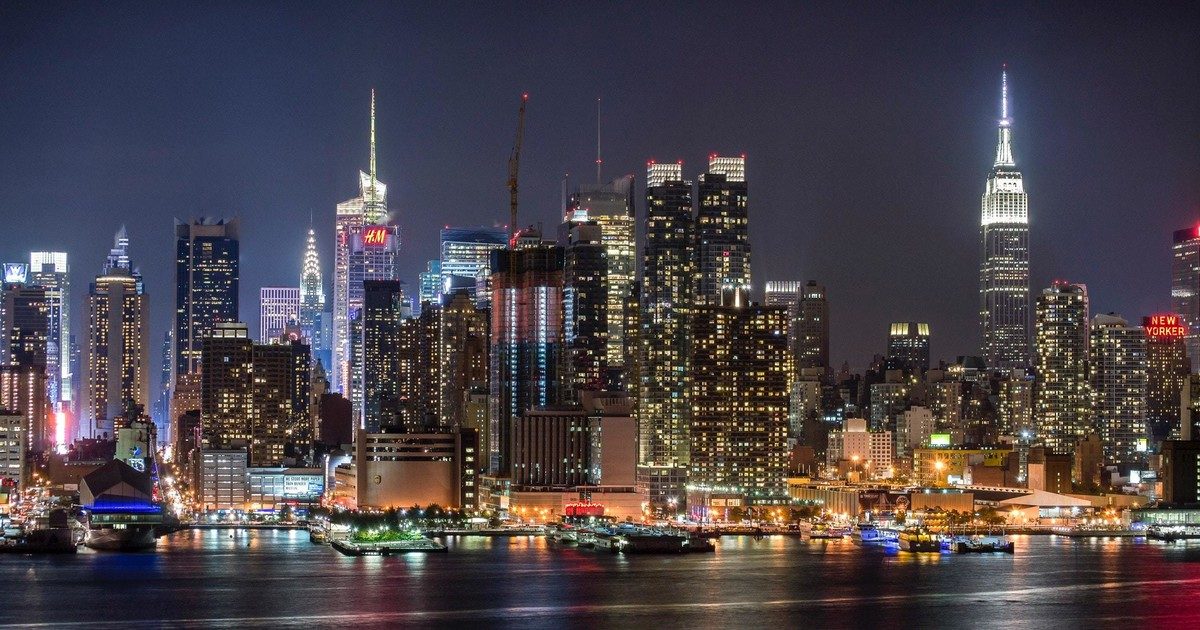In class, we have discussed multiple arguments for the persistence of urban inequality. Massey and Denton believed that inequality was a result of structural inequalities due to federal and local policies keeping Black people segregated from economic opportunities. William Julius Wilson’s argument that deindustrialization is the principal cause of poverty is also compelling. He wrote that joblessness increased the rate of single-parent households and then led to the evaporation of the middle class in urban areas. Sharkey, on the other hand, produced a theory stating poverty or the ghetto as being inherited by families and passed down generations, thus creating generational exposure to inequality, poverty, and segregation. Sharkey examined families over time who lived in poor neighborhoods for multiple generations comparing them to families who had different circumstances. The results all proved that families who had lived for multiple generations in poverty were far more disadvantaged than those who may have lived in a poor neighborhood for one generation or none at all. Sharkey’s theory made me wonder whether or not the same conditions applied to immigrant children, as the son of immigrants myself, but also whether or not those children who come from generationally impoverished families could have the same negative effects of their less disadvantaged counterparts in terms of gentrification once they gain college degrees.
Both questions were used in class and some interesting responses arose. At first, the question of immigrant disadvantage introduced the fact that immigrants may bring some form of capital from their home countries to the United States but that may not transmit the same skills to their children. Another interesting point was racial attachment and how certain immigrant populations may stick to each other and create enclaves, some examples include Chinatowns and Washington Heights, or how in the case of Hispanics some may gravitate to white neighborhoods in order to avoid the association to black neighborhoods. One of the disadvantages no one brought up was the language barrier and its consequences for immigrants and their children. Sharkey probably would believe that immigrants are not as affected or impacted by the same structural inequalities that families of generational disadvantage have been because his argument is rooted in the idea of an inherited place. I could see the underclass thesis or culture of poverty to be rooted in people creating places of poverty in certain spaces thus including immigrants too. However, there would have to be more research to back my claim.
My second question was prompted by the idea of disadvantaged people gaining privilege through a college degree. I wondered if they could be the catalysts of gentrification like their less disadvantaged peers when moving back to low-income neighborhoods with the opportunity to have higher-paying jobs than their parents straight out of college. The class discussion prompted a uniform consensus to at first say that going back to one’s respective community could not be gentrification. However, a correction was made to that statement adding that generationally disadvantaged college grads could gentrify their communities if they do not keep their community in mind when moving back. Some examples included not supporting local businesses, not investing in community programs, or not being apart of community organizations. This question was also personal for me because I struggle with the thought of moving back to my neighborhood and not contributing to it positively but continuing a cycle of kicking less “desirable” occupants. The end of the discussion left students saying that these grads have a stake in the community to improve it without displacing residents.
